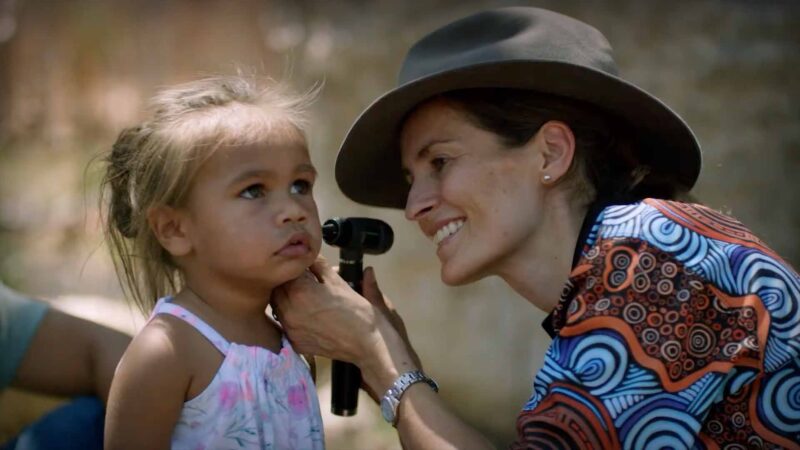In the lead up to the Australian Federal Budget in May 2023, Australian Health Journal reached out to peak health industry bodies to hear about their priorities, either noted in pre-budget submissions lodged with Federal Government in January 2023 or in recent forums such as the Strengthening Medicare Taskforce.
Others have stated their priorities directly with Federal Government. Through these interviews, AHJ gives a final opportunity to communicate to all health stakeholders, the funding needs for a range of priorities. These range from new models of care to pilots and wholesale, system improvements to building more sustainable workforces to help grow certain sectors of the health system
The Chief Executive Officer of Australian College of Nursing, Adjunct Professor Kylie Ward FACN spoke in depth with Australian Health Journal about:
- The key recommendations in ACN’s pre-budget submission to Federal Government
- The impact of legislation requiring a Registered Nurse (RN) at every residential aged care facility from 1st July 2023
- Why scholarships in nursing leadership are important
- Why ACN has recommended the Government fund 200 Pacific nurses in 15 nations for the online ACN postgraduate certification
- The need for a multi-pronged approach that includes skilled migration in rebuilding the nursing workforce
You Might also like
-
Global GP Conference comes to Australia
Over 3000 delegates from around the World will gather at the 50th celebration of WONCA to reconnect and revive General Practice, sharing knowledge and learnings on access, equity, funding, and multidisciplinary care teams. This includes networking with Australian and overseas GPs and in particular learning about primary care practices in other countries.
Australian Health Journal met with Dr Nicole Higgins, President of RACGP in transit at Brisbane Airport recently and she spoke about the $6 Billion allocated in the Federal Budget in May as a significant achievement for General Practice investment. She also emphasised this announcement reinforced GPs should be at the centre of multidisciplinary care teams to ensure continuity of care and better health outcomes.
-
Care workforce challenges
In a wide ranging report looking at the carer needs across Australia, PwC Australia published Reimagine Care Workforce Solutions in October 2022.
Australian Health Journal spoke with Kerryn Dillon, Director Ageing and Reablement and Health Workforce at PwC Australia about the community care sectors of aged care, disability care and childcare the report covers.
-
Health Minister appoints Chair to National One Stop Shop Program
The Australian Government has appointed Emeritus Professor Ian Chubb AC, FAA FTSE to lead key reforms as Chair of the Inter-Governmental Policy Reform Group (IGPRG) for health and medical research, including clinical trials.
Minister for Health and Aged Care, The Hon Mark Butler MP on the selection and appointment said, “Professor Chubb has dedicated his career to improving health and medical research and education in this county and I am pleased he has agreed to share his knowledge and experience through the IGPRG.



